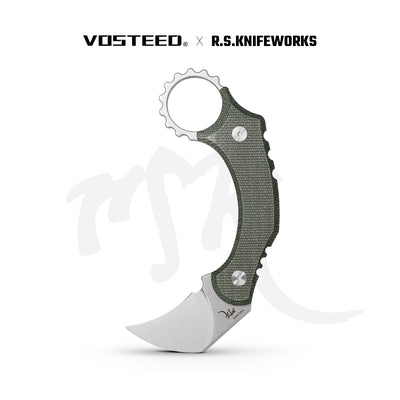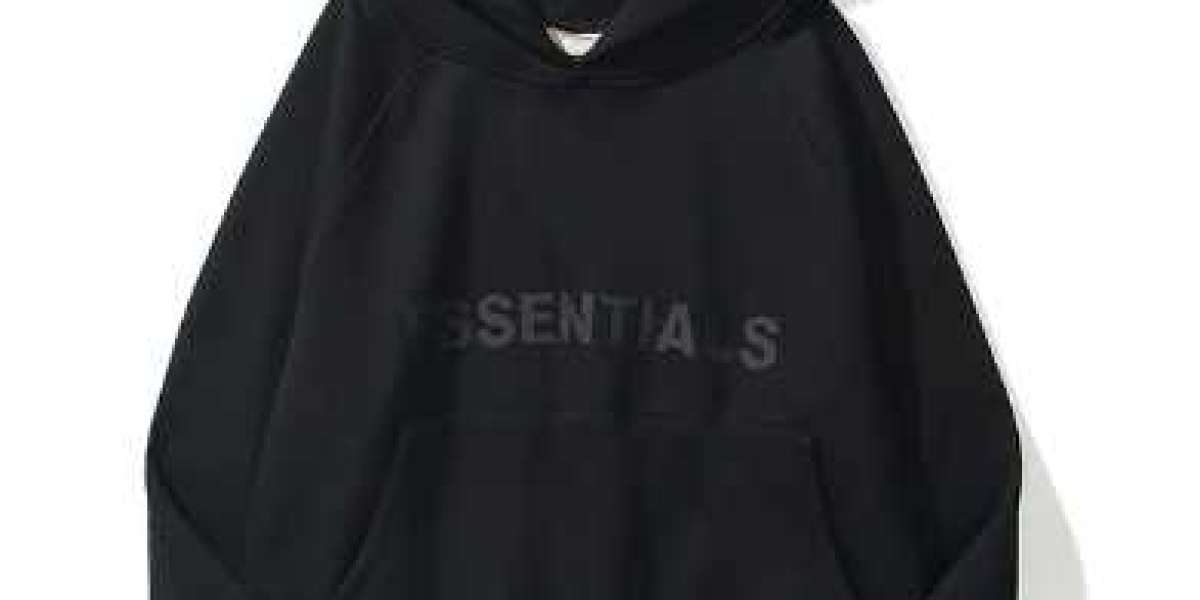Unlock the Wilderness: Your Ultimate Guide to Scoring the Perfect Fixed Blade Bushcraft Knife!
The allure of the great outdoors has captivated adventurers for centuries. Whether you're venturing into dense forests, scaling rugged mountains, or setting up camp by a serene lake, the right tools can make all the difference. Among these tools, a fixed blade bushcraft knife stands out as an essential companion for any outdoor enthusiast. These knives, known for their durability and versatility, are designed to tackle a myriad of tasks—from preparing food and building shelters to carving and crafting. As more people embrace outdoor activities, the demand for reliable gear, particularly quality knives, continues to grow. This guide will help you navigate the process of purchasing a fixed blade bushcraft knife, whether you choose to shop online or prefer the hands-on experience of visiting local retailers.

Understanding Fixed Blade Bushcraft Knives
A fixed blade bushcraft knife is a sturdy, non-folding knife designed specifically for outdoor survival and bushcrafting tasks. Unlike folding knives, which can be prone to mechanical failure, fixed blade knives boast a solid construction that enhances their durability and performance. Key features of these knives typically include a robust blade made from high-quality materials, a comfortable handle for extended use, and a full tang design that ensures strength and balance. The advantages of fixed blade knives over their folding counterparts are significant: they are generally easier to clean, more reliable in tough conditions, and offer superior control when performing intricate tasks. For anyone serious about their outdoor adventures, investing in a quality fixed blade bushcraft knife is a decision that pays off in practicality and safety.
Key Factors to Consider When Choosing a Fixed Blade Bushcraft Knife
When selecting a fixed blade bushcraft knife, several key features should guide your decision. First and foremost is the blade material, which impacts sharpness, durability, and resistance to corrosion. Common materials include stainless steel, known for its rust resistance, and carbon steel, which offers excellent edge retention but requires more maintenance. Next, consider the blade shape—whether you prefer a drop point for versatility or a tanto for strength in piercing tasks. The handle design is equally important; it should fit comfortably in your hand, providing a secure grip during use. Additionally, pay attention to the knife's size and weight; a well-balanced knife is easier to control, especially during prolonged use. Personal comfort and ease of handling should always be top priorities when making your selection.
Blade Materials
The choice of blade material is crucial for the performance of your bushcraft knife. Stainless steel blades resist rust and corrosion, making them ideal for wet or humid environments. However, they may lack the edge retention of carbon steel blades, which can hold a sharper edge for longer periods but require regular maintenance to prevent rust. Each material presents its advantages and disadvantages, so consider your typical outdoor conditions and how much upkeep you're willing to invest in your knife.
Handle Options
Handle materials and designs play a significant role in the overall ergonomics of the knife. Options range from wood to synthetic materials like G10 or Micarta, each offering unique benefits. A textured handle can enhance grip, especially in wet conditions, while a well-contoured shape can reduce hand fatigue during extended use. It's essential to choose a handle that feels comfortable and secure in your hand, ensuring that you can confidently wield the knife for various tasks.
Where to Buy Your Fixed Blade Bushcraft Knife
When it comes to purchasing a fixed blade bushcraft knife, you have the choice between online retailers and local shops. Each method has its unique benefits. Shopping online offers the convenience of browsing a vast selection from the comfort of your home, often at competitive prices. However, one of the downsides is the inability to physically inspect the knife before purchasing. Local retailers, on the other hand, provide the advantage of hands-on experience, allowing you to hold and feel the knife, ensuring that it meets your expectations for weight and comfort. Additionally, local stores often have knowledgeable staff who can offer personalized advice and insights, which can be invaluable for first-time buyers.
Online Shopping Tips
For those opting to shop online, it's essential to proceed with caution to ensure a satisfactory purchase. Start by carefully reading customer reviews to gauge the quality and performance of the knife you're considering. Pay attention to the seller's return policy; a flexible return option can provide peace of mind if the knife doesn't meet your expectations. Finally, ensure that you understand the knife's dimensions and specifications, as proper measurements can make a significant difference in your overall satisfaction with the product.
Finding Local Retailers
If you prefer the tactile experience of shopping in a store, finding local knife shops or outdoor gear stores is a great option. Start by searching online for retailers in your area, or ask fellow outdoor enthusiasts for recommendations. When you visit, take your time to handle different knives, paying attention to how they feel in your hand. Engaging with store staff can also provide valuable insights, as many are seasoned outdoor enthusiasts themselves who can offer recommendations based on your specific needs and preferences.
Maintaining Your Fixed Blade Bushcraft Knife
Proper maintenance of your bushcraft knife is crucial for ensuring its longevity and performance. After each use, clean the blade with warm, soapy water to remove dirt and debris, then dry it promptly to prevent rust. Regular sharpening is essential; a dull knife is not only inefficient but can also be dangerous. Invest in a reliable sharpening tool and learn the proper techniques to maintain a keen edge. Lastly, store your knife in a safe, dry place, ideally in a sheath to protect the blade and your fingers when not in use. By caring for your knife, you'll ensure it remains a reliable companion on all your outdoor adventures.
Choosing Your Ideal Fixed Blade Bushcraft Knife
In summary, selecting the right fixed blade bushcraft knife is vital for anyone looking to enhance their outdoor experience. From understanding the key features and materials to knowing where to purchase your knife, this guide serves as a roadmap for both novice and experienced adventurers. Take your time to research and consider both online and local options to find the perfect fit for your needs. Whichever method you choose, remember that a quality knife can make all the difference in your outdoor pursuits, transforming challenges into enjoyable experiences.








